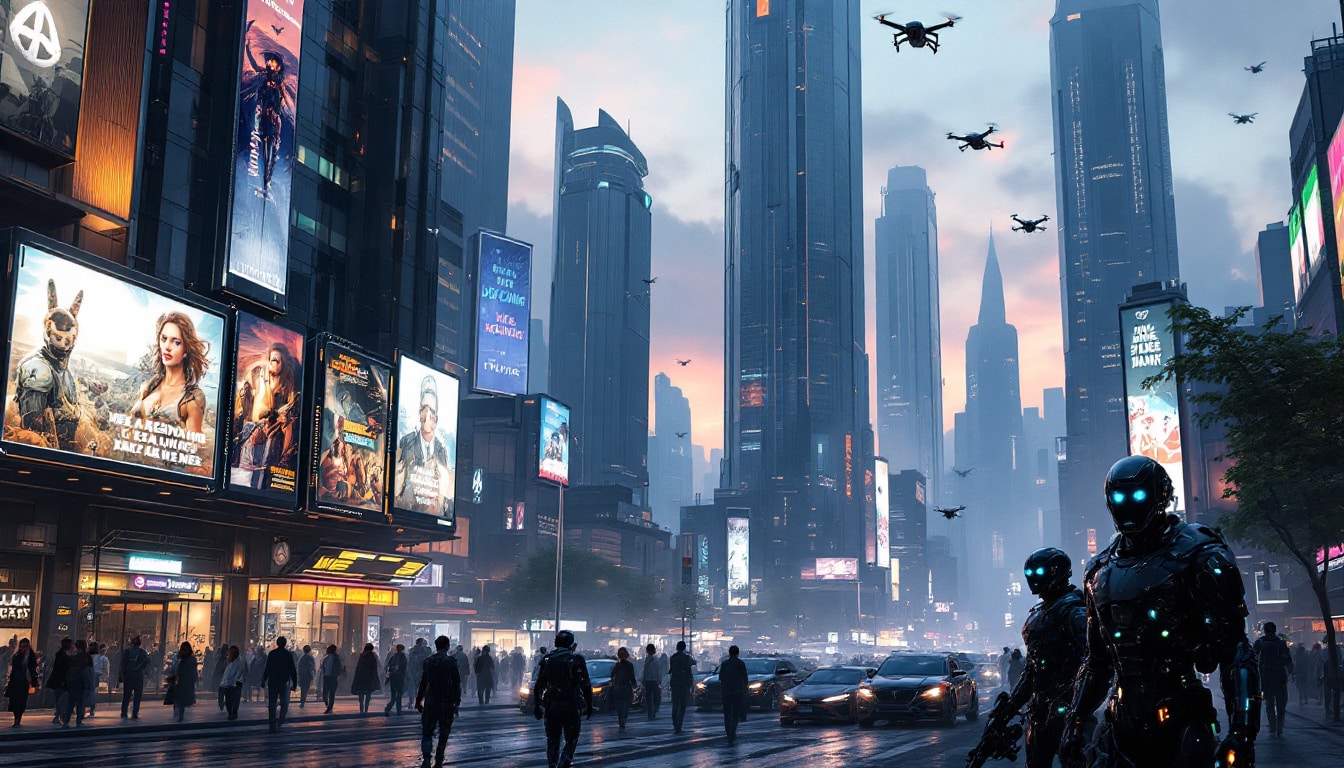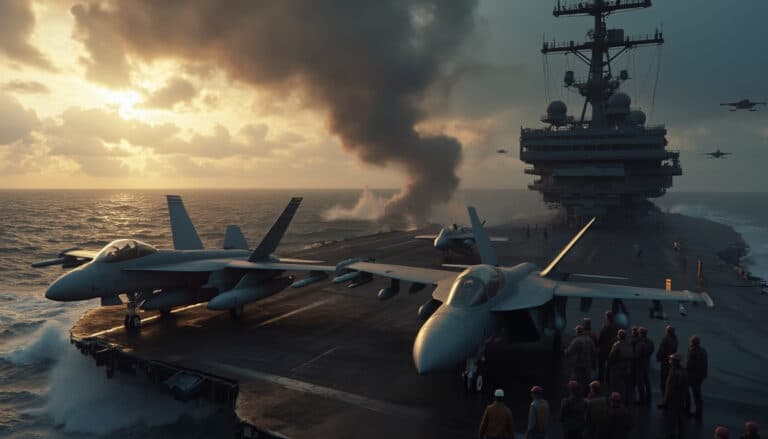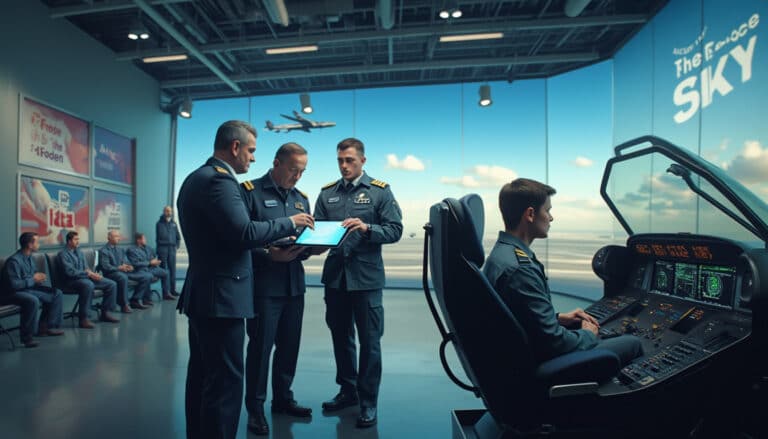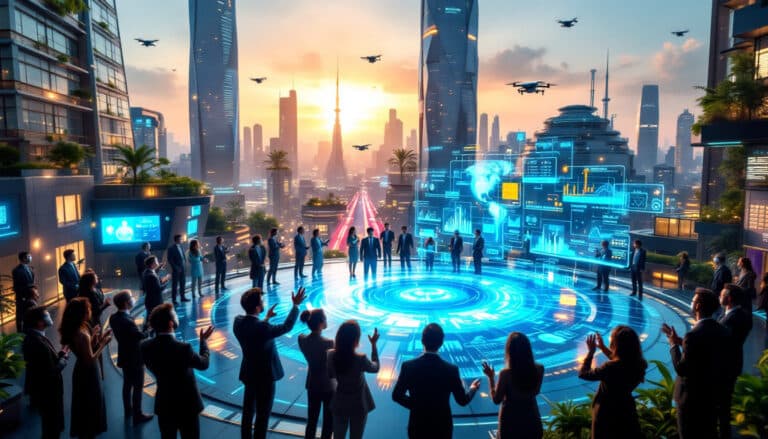Urban areas occupy a central place in the context of modern conflicts, emerging as the most strategic battlefields of the 21st century. With increasing urbanization and population density, urban warfare presents unique challenges for armed forces. The emergence of these complex environments transforms tactical and operational approaches, necessitating an adaptation of military strategies. The ongoing evolution of cities as true cradles of tomorrow’s wars highlights the contemporary and future challenges faced by armies worldwide.
Since the beginning of the 21st century, urban areas have emerged as essential theaters of military operations, underscoring a significant shift in the nature of modern conflicts. With the evolution of technologies and combat methods, military reports reveal that armed engagements are increasingly occurring in dense environments, where battles become not only strategic but also complex to manage.
This trend towards urban warfare transforms combat methods and forces armed forces to adapt to these new challenges. Combat in peri-urban and urban areas leads to a redefinition of military doctrines, as it requires consideration of critical infrastructures and civilian populations. With growing urbanization, it is imperative to address these challenges to anticipate future conflicts and develop suitable strategies.

Table des matières
Toggleurban areas as future conflict theaters
Urban areas are transforming into true arenas of conflict due to increasing urbanization and population density. In a few years, the nature of military operations will evolve, favoring engagements in urban environments. These environments present unique challenges to armed forces, compelling them to adapt their strategies and technologies. The complexity of urban terrains, with their infrastructures, demands a new understanding of modern combat.
the consequences of urban conflicts on military strategy
Urban warfare generates numerous realities that reshape tactics and equipment. Lessons learned from recent conflicts, such as those in Ukraine or Mosul, highlight the necessity for adequate preparation. Military forces must not only master modern weapons but also develop city-specific combat skills to face increasingly sophisticated threats. Ultimately, this specialization could become a determining criterion in future operations.
technological innovations for urban warfare
Technological advancements are becoming crucial in the context of urban warfare. Robotics, drones, and surveillance systems redefine engagement modalities. By integrating these technologies, armed forces can enhance their responsiveness and capability to operate in dense and complex contexts. Thus, research continues to innovate to anticipate tomorrow’s needs in face of the challenges of urban warfare.
























